New Delhi: India is taking a step forward in semiconductor research with a new partnership aimed at developing indigenous power semiconductor solutions for electric vehicles (EVs) and other applications. IIT-Bhubaneswar, IIT-Bombay, and fabless chip company iVP Semiconductor have signed an agreement to design and manufacture custom silicon power MOSFETs (metal-oxide-semiconductor field-effect transistors).
Focus on Indigenous Semiconductor Development
The collaboration will focus on designing high-performance power semiconductor devices that can support industries such as automotive, renewable energy, industrial automation, and consumer electronics. Researchers at IIT-Bhubaneswar and the Centre for Semiconductor Technologies (SemiX) at IIT-Bombay will handle product definition, design optimization, device layout, and characterization.
MOSFETs, which are essential components in power electronics, are widely used in electric vehicles to control and amplify electrical signals. The development of these indigenous chips is expected to reduce dependency on foreign semiconductor manufacturers and strengthen India’s semiconductor ecosystem.
Strengthening India’s Semiconductor Capabilities
IIT-Bhubaneswar Director Prof. Shreepad Karmalkar emphasized that the project aligns with India’s semiconductor mission and could mark a significant milestone in domestic R&D efforts. “This collaboration brings together academic expertise and industry knowledge to create market-ready power semiconductor devices,” he said.
The project is also expected to contribute to India’s larger goal of semiconductor self-sufficiency by supporting local manufacturing and research. iVP Semiconductor COO Ponni Carlin and IIT Bombay’s Dean of Research and Development Prof. Sachin Patwardhan were also present at the signing event.
As India works toward strengthening its semiconductor industry, such partnerships between academia and industry could play a critical role in shaping the future of electronics manufacturing in the country.


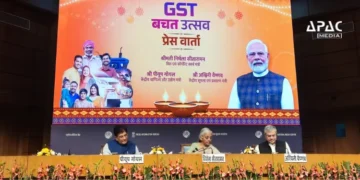

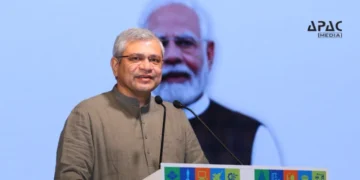




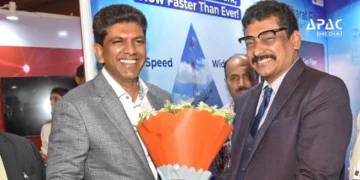


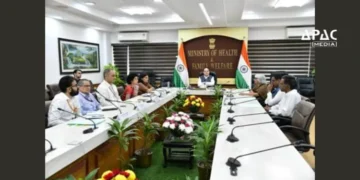


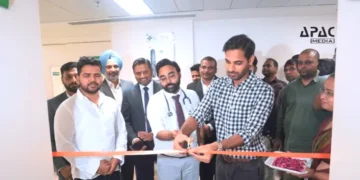



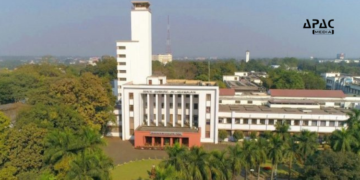
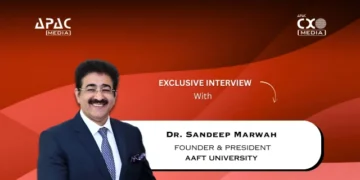

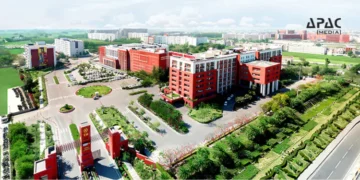
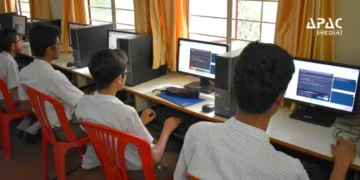
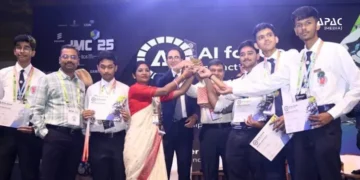
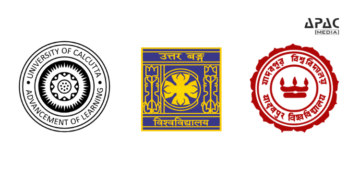

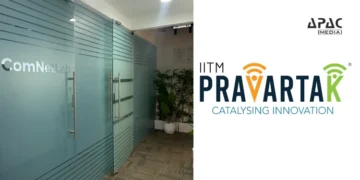
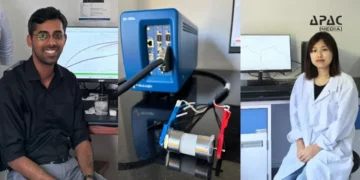
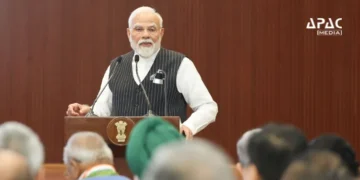

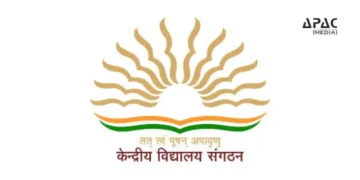

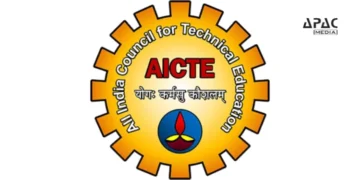


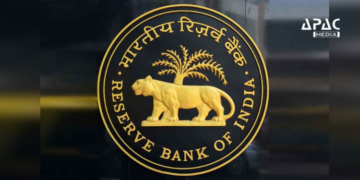
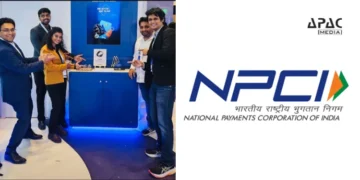


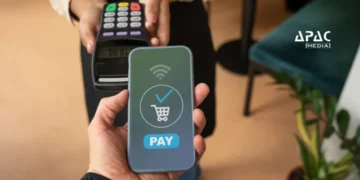

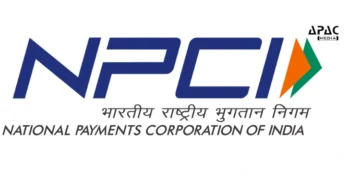

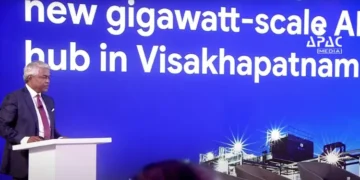
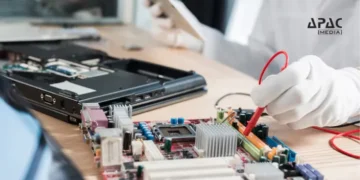



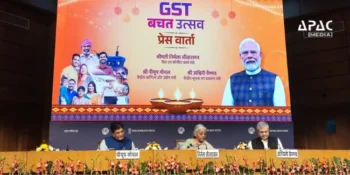












Discussion about this post